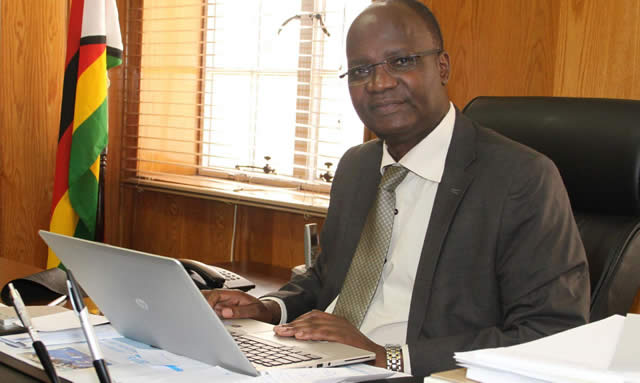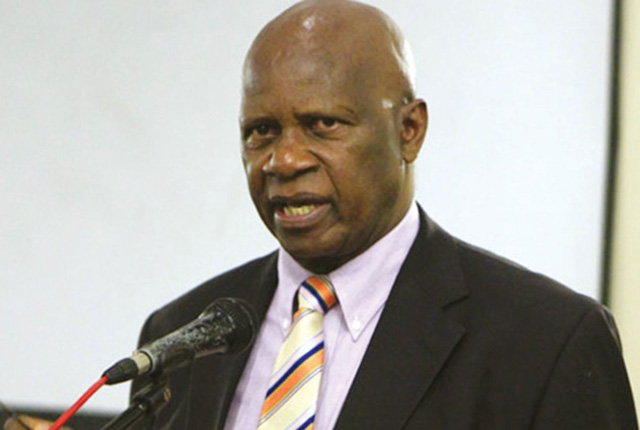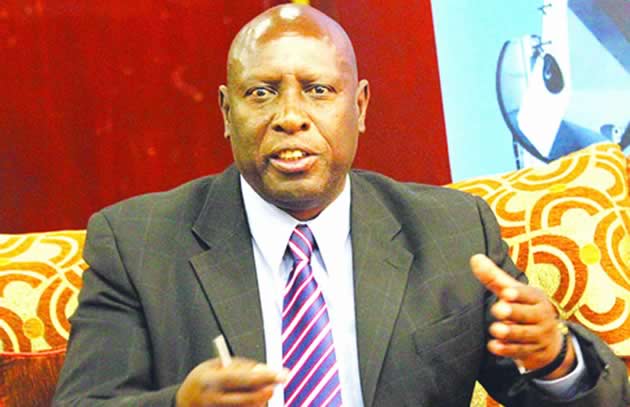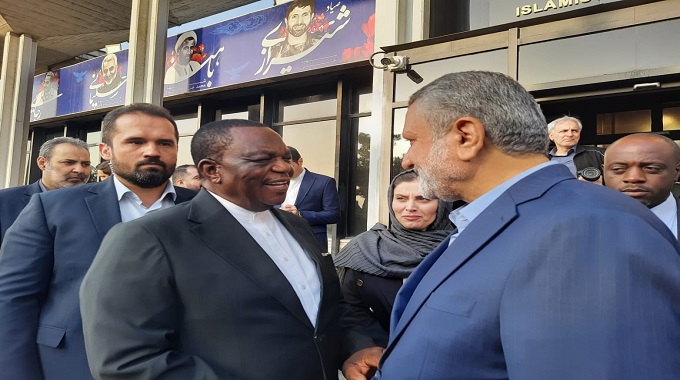Zim, Cuba cement ties in education

Auxilia Katongomara in Havana, Cuba
HIGHER and Tertiary Education, Science and Technology Development Minister Professor Jonathan Moyo met his Cuban counterpart, Cde Jose Saborido Loidi here and the two shared revolutionary ideas on how science can rebuild Zimbabwe through university research. The meeting built on and cemented bilateral relations between the two countries in the education sector.
Accompanied by Zimbabwe’s Ambassador to Cuba, Ambassador Ignatious Mudzimba, the delegation comprising among others, 10 Vice Chancellors, was on Saturday told of the robust revolution in the Cuban educational system to meet society’s needs. In line with the delegation’s visit to learn about industrialisation, incubation and modernisation in universities, Cde Loidi explained that all the country’s 51 universities were keyed in to industrialisation.
“We have a concept of lifelong preparation. Every university student in Cuba is placed in a job centre to secure employment from the first year.
“That student is prepared by the centre in accordance with the university standards such that when they complete their studies they are ready for industry, “said Minister Loidi.
He said the country’s universities offered science studies to all students.
“Information models are scientific, students take part in scientific activities and all universities have information science centres. More than 60 percent of our national awards are innovations from universities and they contribute to the development of the country”.
Minister Loidi said Cuba has 51 universities and each province has a university and a medical university. He encouraged Zimbabwe to introduce faculties of medicine in all state universities to boost the need for medical personnel.
The University of Zimbabwe is the only institution with a fully fledged medical school which enrols 250 students and has incubated the National University of Science and Technology which enrols 25 medical students annually and the recently opened Midlands State University medical school which enrols only 10 students.
“After the Cuban revolution we had a brain drain of doctors and teachers but we had to come up with a plan to meet the demand for the medical personnel and we then made sure that each clinic and hospital becomes a teaching centre. You can also have that model because your university intakes are too low. A general practitioner can be trained at a clinic and a surgeon or specialist has to go to a hospital,” said Minister Loidi.
He said all medical students are restricted to study in a university in their home province to ensure equity of human resources countrywide and commitment to their provinces.
Minister Loidi reiterated his Government’s commitment to assist Zimbabwe through the bilateral relations that exist between the two countries.
He said they were willing to partner with all universities in their niche areas.
Minister Loidi said as part of performance measurement, all Vice Chancellors were assessed annually and had to rise through the ranks from lectureship to Vice chancellor at their respective institutions.He said there were about 220 000 lecturers and 20 000 full time professors in Cuban universities.
The relations between Harare and Havana oversaw the birth of Bindura University of Science Education whose mandate is in the training of science teachers.
The university’s vice chancellor Professor Eddie Mwenje said the resuscitation of the science teacher programme has alleviated the shortage of teachers after a mass exodus of the professionals soon after the turn of the millennium.
Prof Mwenje said they had received about seven professors since the revival of the exchange programme between Cuba and Zimbabwe in 2012.
He said the sports academy headed by two Cuban Professors at his institution was doing well and one of their protégés was earmarked to qualify for the Tokyo 2020 Olympics.
Prof Mwenje said one of his staff members had graduated in Cuba to become the first sports psychologist in Zimbabwe.
Prof Moyo said the visit to Cuba was to learn how to address the new challenges and opportunities in this technological era through solutions proffered by universities. “It’s not enough to learn the pedagogy of science but the practice to empower our people to solve the society and industry’s problems,” said Prof Moyo. “We appreciate the assistance in the medical and education sectors, it is some of the best we believe in. Zimbabwe has a high literacy rate of over 92 percent and it is through the teachers that were trained in Cuba”.
Cuba and Zimbabwe share strong ties dating back to the time of the revolutionary struggle. Since independence, Cuba has assisted in the training of teachers while Cuban doctors have worked at many institutions in the country.
Last year, President Mugabe was among the many heads of states that were here to mourn the late Cuban revolutionary Fidel Castro who died on November 25.









Comments